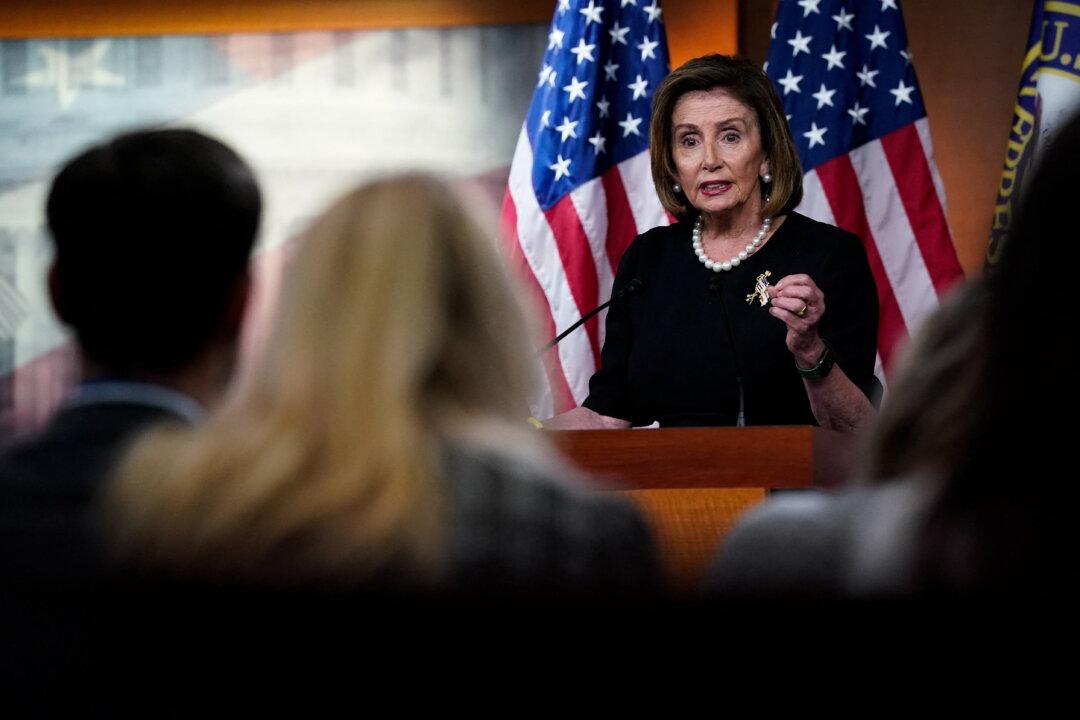The White House has refused to comment on a threat by a Chinese state media figure who said that the Chinese military should “shoot ... down” a plane carrying House speaker Nancy Pelosi if she visited Taiwan with a military escort.
“As it relates to the Speaker’s travels, it’s something that we’re just not going to speak to. Right now that’s a hypothetical,” said White House Press Secretary Karine Jean-Pierre on July 29.




